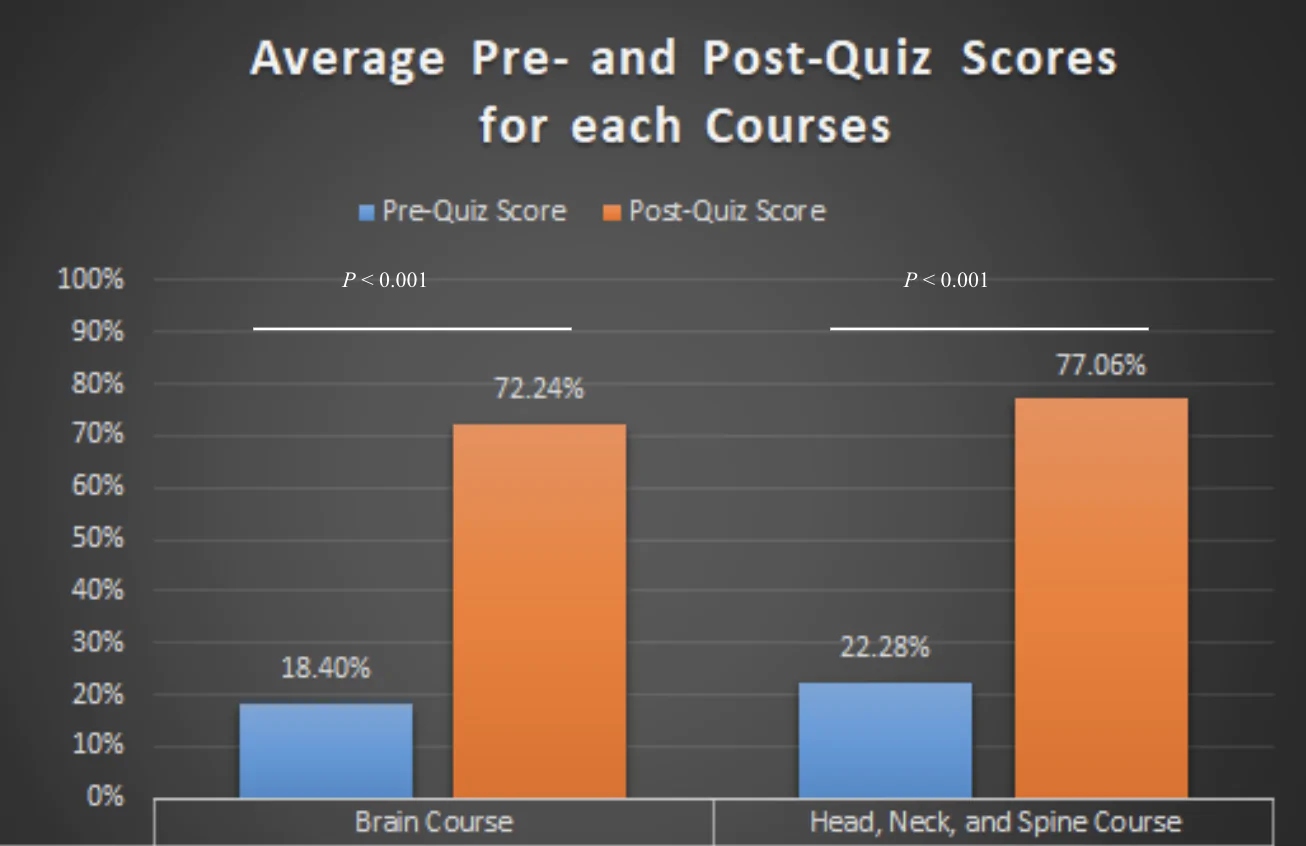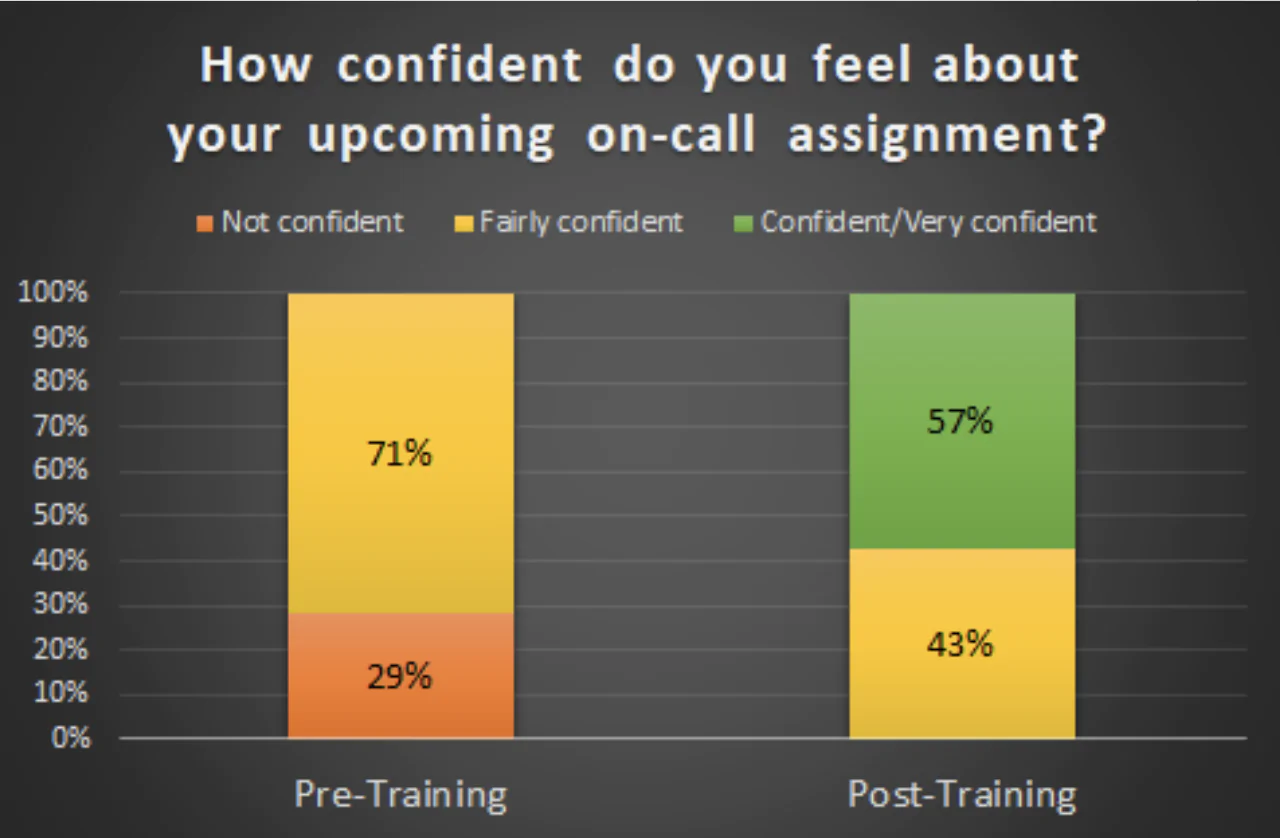Get Ready to be "On Call" in the Emergency Department
Prepare residents and practicing radiologists to be “on call” for the emergency department by exposing them to the most likely emergency diagnoses. Each course presents the most common presentations of these diagnoses and a checklist of how to evaluate each scenario. Increase the confidence of your radiologists when evaluating these life threatening diagnoses.
Taught by Dr. David Yousem (Johns Hopkins) this course reviews the most common clinical scenarios encountered during Emergency call requiring Brain Imaging, including:
- New Neurologic Deficit
- Head Trauma
- Worst Headache of Life
- Found Down
- Fever and Seizures
- s/p VPS, New Lethargy
Taught by Dr. David Yousem (Johns Hopkins) this course reviews the most common clinical scenarios encountered during Emergency call requiring Neuroimaging, including:
- Orbital Trauma/Inflammation
- Facial/Neck Trauma
- Sore Throat Pain & Fever
- Neck Masses
- Cervical Spine Trauma
- Fever, Back Pain
- ...and more
Taught by Dr. Jamlik-Omari Johnson (Emory) this course reviews the most common clinical scenarios encountered during Emergency call requiring Chest Imaging, including:
- Chest Pain
- Shortness of Breath
- Fever & Infections
- Trauma Cases
- Tubes, Foreign Bodies, and more
MRI Online is trusted by radiologists across the world






Residency Case Study
Goal: Prepare Radiology Residents in Florida for their first "on call" experience in the emergency department and become more confident when evaluating life threatening neuro diagnoses
- Provide high quality imaging services in the emergency care setting
- Accurately interpret imaging cases most commonly seen in emergency care
- Propose appropriate next steps for patient care related to likely diagnoses
Results:
100% of residents reported that this course would impact the way they would approach a Neuroimaging case
4x Increase in Emergency Neuroradiology Knowledge

100% of Residents Reported Confidence in Upcoming Call
